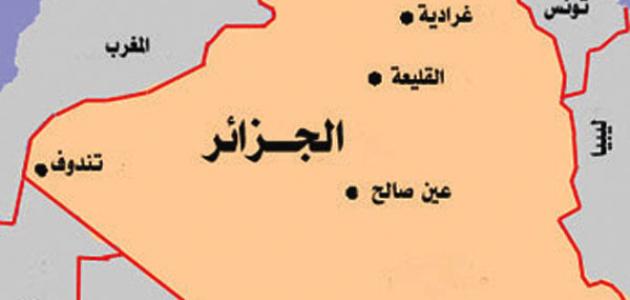صور ومعلومات عن حيوان الدوجونج Dugong
الدوجونج , أقرب الثديات البحرية شبها بالفيل وأحد الحيوانات الضخمة المهددة بالإنقراض
يعيش حيوان الـ (دوجونج \ Dugong) في المياه الساحلية الدافئة في البحر الاحمر و المحيط الهندي و الهاديء و هو الوحيد بين الحيوانات المائية الثديية الذي يتغذى فقط على الأعشاب في قاع المياه الضحلة و لذلك يطلق عليه اسم (بقرة البحر \ sea cow)، و بالرغم من كونه أحد الثدييات المائية (والتي تصنف منها أيضا الفقمة أو كلب البحر) الا أن هذا الحيوان العملاق ما يميزه بحق هو عدم قرابته لهذه الثدييات وغيرها من الكائنات ولكنه أقرب للأفيال. فالأفيال وحيوان الدوجونج يشتركان في كونهما يتبعان للمجموعات (أحادية العرق \ monophyletic) فهما كلاهما يجمعان صفات من مجموعات حيوانية مشتركة كالوبر ونوع وطريقة الغذاء كالخرطوم والذي يظهر في الصورة التالية. يمكن لحيوان الدوجونج المكوث داخل الماء لست دقائق قبل أن يخرج الى السطح للتنفس و تساعد الام وليدها في الخروج للسطح و التقاط اول نفس في حياته. تحمل أنثى الدوجونج جنينها سنة كاملة و تستمر في رعايته لمدة 18 شهرا. يصل طول الحيوان الى 4 أمتار ووزنه الى 900 كغم (أي ما يقارب الطن)، و يشبه في الشكل و السلوك الى حد كبير خروف البحر الذي يظهر في الصورة بالاسفل و هو يتغذى ليلا و نهارا على الاعشاب البحرية التي يبحث عنها بواسطة أنفها الضخم و تقضمها بشفتيها القاسيتين.
http://3.bp.blogspot.com/-QKQ917C6aJU/T6F5nixlt6I/AAAAAAAAGZ8/T1iHERpxR4s/s1600/Dugong+02.jpg
http://4.bp.blogspot.com/-9uy5jl22o7s/T6F5onVlxEI/AAAAAAAAGaE/W4SFQkV1pEE/s1600/Dugong+03.jpg
http://2.bp.blogspot.com/-ki10f7pv4W4/T6F6LFyekFI/AAAAAAAAGa8/UTpycKfs-fo/s1600/Dugong+10.jpg
Pictured: Dugong
These enormous vegetarians can be found in warm coastal waters from East Africa to Australia, including the Red Sea, Indian Ocean, and Pacific. Dugongs are related to manatees and are similar in appearance and behavior— though the dugong’s tail is fluked like a whale’s. Both are related to the elephant, although the giant land animal is not at all similar in appearance or behavior. Dugongs graze on underwater grasses day and night, rooting for them with their bristled, sensitive snouts and chomping them with their rough lips. These mammals can stay underwater for six minutes before surfacing. They sometimes breathe by “standing” on their tail with their heads above water. Dugongs spend much of their time alone or in pairs, though they are sometimes seen gathered in large herds of a hundred animals. Female dugongs have one calf after a yearlong pregnancy, and the mother helps her young reach the surface and take its first breath. A young dugong remains close to its mother for about 18 months, sometimes catching a ride on her broad back. These languid animals make an easy target for coastal hunters, and they were long sought for their meat, oil, skin, bones, and teeth. Dugongs are now legally protected throughout their range, but their populations are still in a tenuous state. Some believe that dugongs were the inspiration for ancient seafaring tales of mermaids and sirens.








